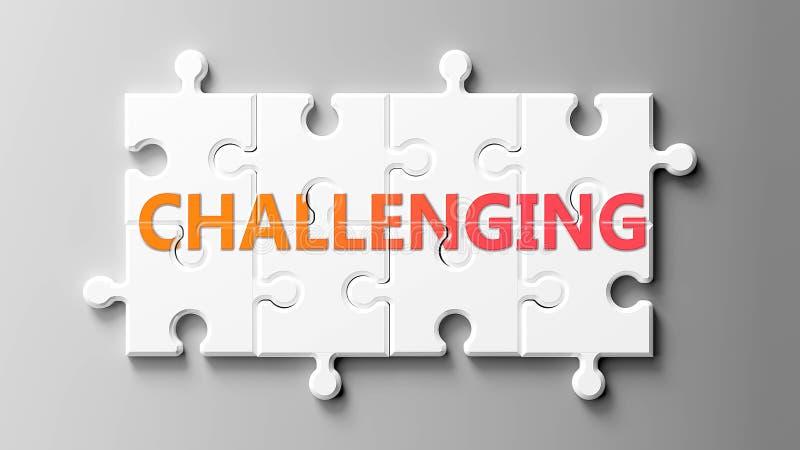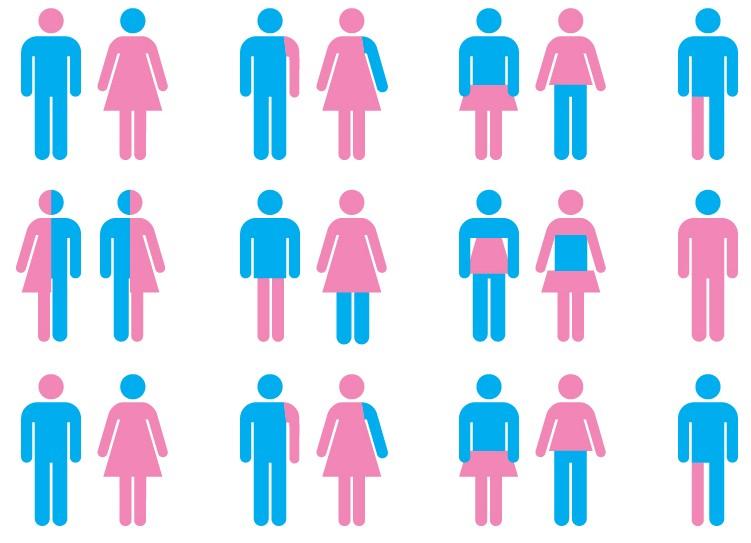In a world where definitions are often blurred and boundaries are constantly being challenged, the notion of gender has become an ever-evolving and hotly debated topic. While sex may be determined biologically, gender is a social construct that goes beyond the confines of biology. Delving into the complexities of gender, this article will explore the nuances and differences between sex and gender, shedding light on why it is essential to acknowledge and understand the distinction between the two. By examining the various factors that shape our perceptions of gender, we can begin to unravel the intricate web of identities that exist beyond the binary. Gender, not sex, is the lens through which we navigate the multifaceted landscape of society, and it is time to broaden our understanding of this fundamental aspect of human experience.
Understanding the Difference Between Gender and Sex
When discussing gender and sex, it’s important to recognize that they are not the same thing. Gender refers to the social and cultural roles, behaviors, and expectations associated with being male, female, or non-binary. It is a complex and multifaceted concept that is not determined solely by biological factors.
On the other hand, sex is typically understood as the biological characteristics that define someone as male, female, or intersex. This includes physical attributes such as reproductive organs, chromosomes, and hormones. While sex is often assumed to be binary (male or female), it is important to remember that there is a wide spectrum of biological variations beyond these categories.

Challenging Traditional Gender Norms and Stereotypes
Breaking free from societal norms is a crucial step towards achieving gender equality and promoting inclusivity. It is essential to challenge traditional gender norms and stereotypes that limit individuals based on their sex. Identifying as male, female, or non-binary should not dictate how one is expected to behave, dress, or pursue their interests.
Encouraging diversity in all aspects of life, including representation in media, education, and the workplace, is key to creating a more inclusive society. Embracing differences and recognizing that gender is a spectrum can lead to a more accepting and understanding world. Let’s strive to educate ourselves and others, advocate for equal rights, and celebrate the uniqueness of every individual.

Promoting Inclusivity and Respect for All Gender Identities
It is essential to recognize that gender is not just about male and female categories, but a spectrum of diverse identities that are all equally valid. means embracing and celebrating this diversity.
By creating safe and welcoming spaces for individuals of all gender identities, we can foster a sense of belonging and acceptance. This involves using inclusive language, respecting individuals’ pronouns, and challenging societal norms that limit the expression of gender. Together, we can work towards a more inclusive and respectful society where everyone is free to be their authentic selves.

Educating Ourselves and Others on Gender Diversity
Gender is a complex and multifaceted concept that goes beyond the binary notion of male and female. It is crucial to understand that **gender identity** is not the same as **biological sex**. Gender is a social construct that encompasses a wide spectrum of identities, expressions, and experiences. It is important to educate ourselves and others on the diverse range of genders that exist beyond the traditional categories.
By engaging in discussions and learning about gender diversity, we can create a more inclusive and supportive environment for everyone. **Respecting and validating** each individual’s gender identity is essential for promoting **equality** and **respect**. Let’s challenge stereotypes and break down barriers by embracing the richness and complexity of gender identities. Together, we can foster a more inclusive society that celebrates diversity in all its forms.
Wrapping Up
As we continue to explore the complexities of gender and its fluid nature, it becomes increasingly clear that the traditional binary understanding of sex is no longer sufficient. Understanding and accepting that gender is a spectrum, not limited to the confines of male or female, is crucial in creating a more inclusive and equitable society. Let us embrace the diversity and richness that comes with recognizing the importance of gender over sex, and strive to create a world where everyone feels seen and valued for who they truly are. Let us continue to break free from the confines of outdated beliefs and embrace a future where all genders are celebrated and respected.





